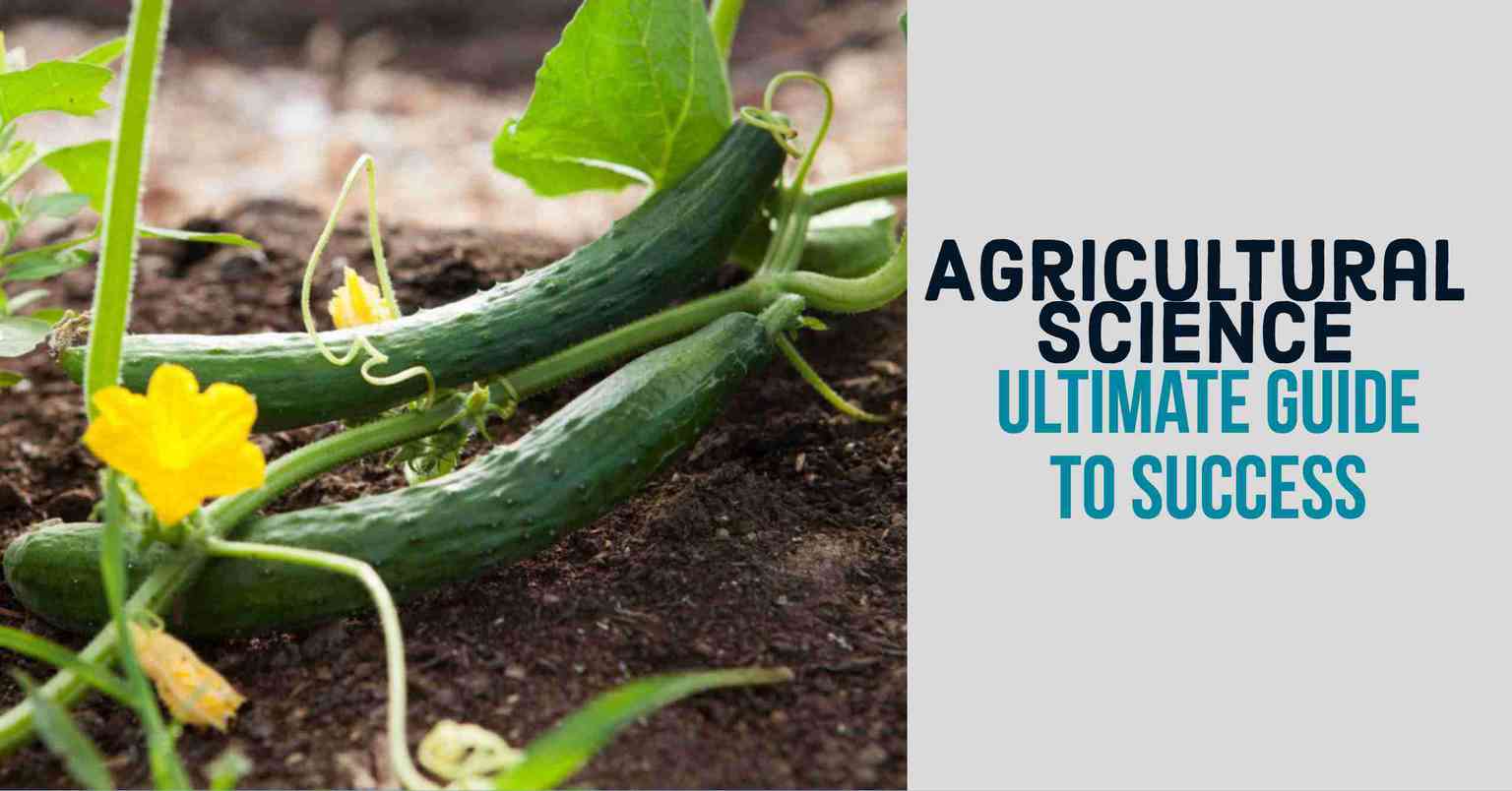

Agricultural science Course Overview
Agricultural science analyses the relationship of areas that affect agriculture, like nature, living organisms and crops, and how they react to changes in environmental conditions.
What will you study?
You will learn to integrate scientific advances and technologies in agricultural resource management to achieve the best yield and efficient consumption. The curriculum will include earth and atmospheric sciences, animal science, entomology, plant pathology etc to broaden your knowledge in land and wildlife management.
There is usually opportunity for fieldwork, which can include visits to farms, research stations and agribusinesses. Some universities combine the degree with subjects such as business studies or marketing.
Core subjects
Agricultural modelling; applied economics and management; breeding and biotechnology; crop and soil sciences; ecology and evolutionary biology; environmental and production horticulture; food science and nutrition; integrated crop management.
Typical course duration
You will need at least three years to complete a degree course, although there are a number of alternatives to a first degree.
Prerequisites
Prior study in biology and a second science subject such as chemistry is required.
What do graduates do?
The study of agriculture is a doorway to jobs in agriculture and agricultural-related industries. These include farm management, food processing, advisory agencies, agricultural financing, food processing, and production and farm supply companies.